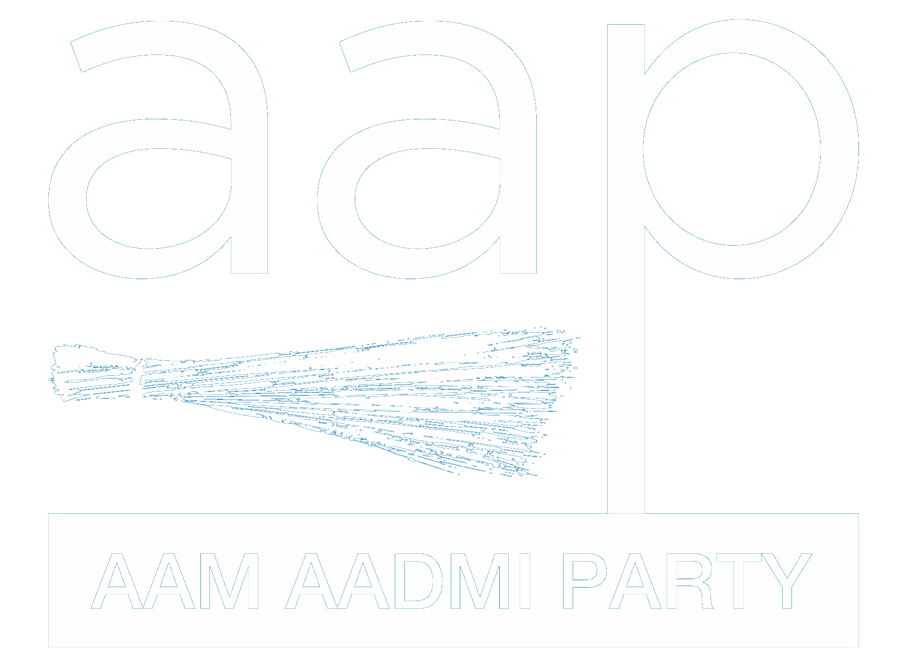The “Delhi Model”, an ambitious healthcare and public service initiative led by the Aam Aadmi Party (AAP) government in Delhi, has been making significant waves in the international arena. Launched with the aim of improving healthcare accessibility and enhancing public services for all, the Delhi Model is a testament to the power of innovative, citizen-centric policies.
The cornerstone of the Delhi Model is undoubtedly the Mohalla Clinic project. This initiative, aimed at providing free primary healthcare to Delhi’s residents at their doorsteps, has transformed the city’s healthcare landscape. With a network of clinics scattered across Delhi, the AAP government has brought quality healthcare closer to the masses, thereby bridging the gap between healthcare services and those who need them most.
The impact of the Mohalla Clinics has resonated globally, inspiring similar initiatives in other parts of the world. Bangladesh, for example, has adapted this healthcare model to cater to its urban population’s primary healthcare needs. The “Aalo Clinics”, as they are called, reflect the universal relevance and effectiveness of the Delhi Model, further amplifying its global significance.
The international acclaim for the Delhi Model is not just restricted to the realm of healthcare. Eminent global personalities like Kofi Annan and Dr. Gro Harlem Brundtland have lauded the initiative for its commitment to affordable healthcare, adding to its worldwide appeal.
However, the Delhi Model’s influence extends far beyond healthcare. It has inspired several significant policy changes in other parts of the world. A case in point is the UK government’s decision to subsidize household electricity bills, echoing a similar initiative by the AAP in Delhi. Such a move underscores the model’s multifaceted approach in addressing the fundamental needs of citizens.
Further, the Delhi Model’s revolutionary idea of providing free bus rides for women has found its echo in Washington DC. The decision to offer free public transport to women in the US capital is a testimony to the Delhi Model’s broad-spectrum impact.
In essence, the Delhi Model has emerged as a universally acknowledged and adaptable blueprint for healthcare and public service reforms. By prioritizing citizen-centric policies, it demonstrates that public welfare can be significantly enhanced through innovative measures and strategic policymaking.
The global adaptation and recognition of the Delhi Model affirm its effectiveness and significance. It is a shining example of how localized solutions can have universal relevance and can inspire global change, redefining the paradigms of healthcare and public service provision in the process.

